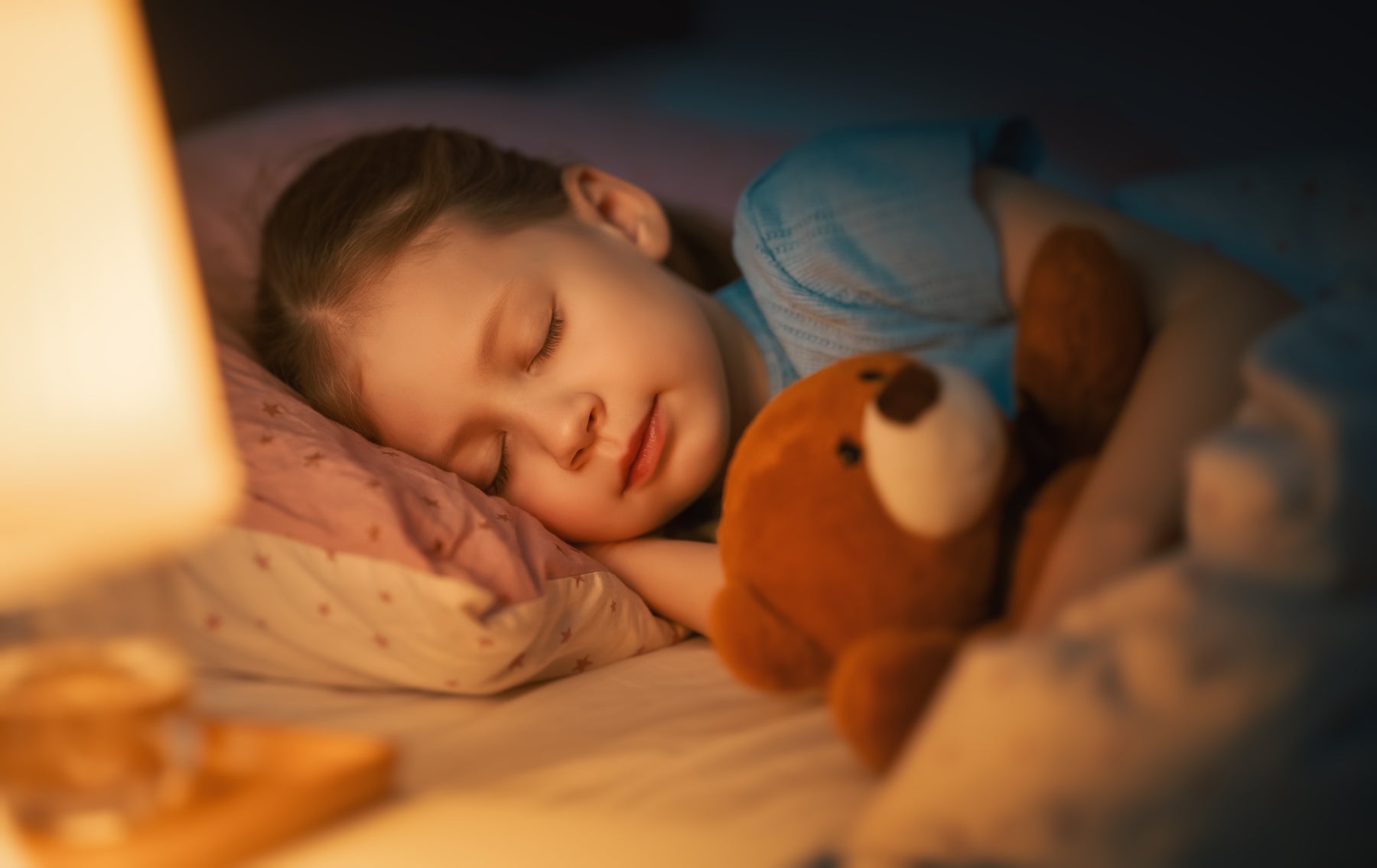
Light and Sleep: How Lighting Affects Our Nightly Slumber
Introduction: Sleep is vital for our health and well-being. Yet, in our modern world, replete with artificial lighting and screens, the balance between light and darkness has been disrupted. This article delves into how light impacts our sleep and what we can do to enhance the quality of our rest.
The Biology of Sleep: Our bodies are governed by an internal clock known as the circadian rhythm. Influenced by sunlight, this internal clock dictates when we should be awake and when we should sleep. Light, especially blue light emitted by electronic devices, can interfere with this natural rhythm, altering our sleep patterns.
Blue Light and Melatonin: Exposure to blue light during nighttime is a major concern. Devices like phones, tablets, and computers emit blue light that can suppress the production of melatonin, the hormone that induces sleep. Consequently, using these devices before bedtime can make it harder to fall asleep and affect the quality of our sleep.
The Importance of Darkness: Darkness is crucial for restorative sleep. The absence of light signals to our brain that it is time to rest, allowing for adequate production of melatonin. Bedrooms with excessive light, whether from electronic devices or external lighting, can disrupt this natural process.
Tips for Improving Sleep:
-
Limit Blue Light Exposure: Avoid using electronic devices at least one hour before bedtime. If necessary, use blue light filters or night modes on your devices.
-
Create a Sleep-Inducing Environment: Ensure your bedroom is as dark as possible. Use blackout curtains to block external light and avoid using bright lights at night.
-
Use Warm Light: If you need night lighting, opt for warm or reddish-toned lights, which are less likely to disrupt your circadian rhythm.
-
Exposure to Natural Light: During the day, seek exposure to natural light, which can help regulate your biological clock.
Conclusion: Light plays a fundamental role in the quality of our sleep. By understanding how light affects our circadian rhythm and taking steps to minimize exposure to disruptive light, we can significantly improve the quality of our rest and, consequently, our overall health.
